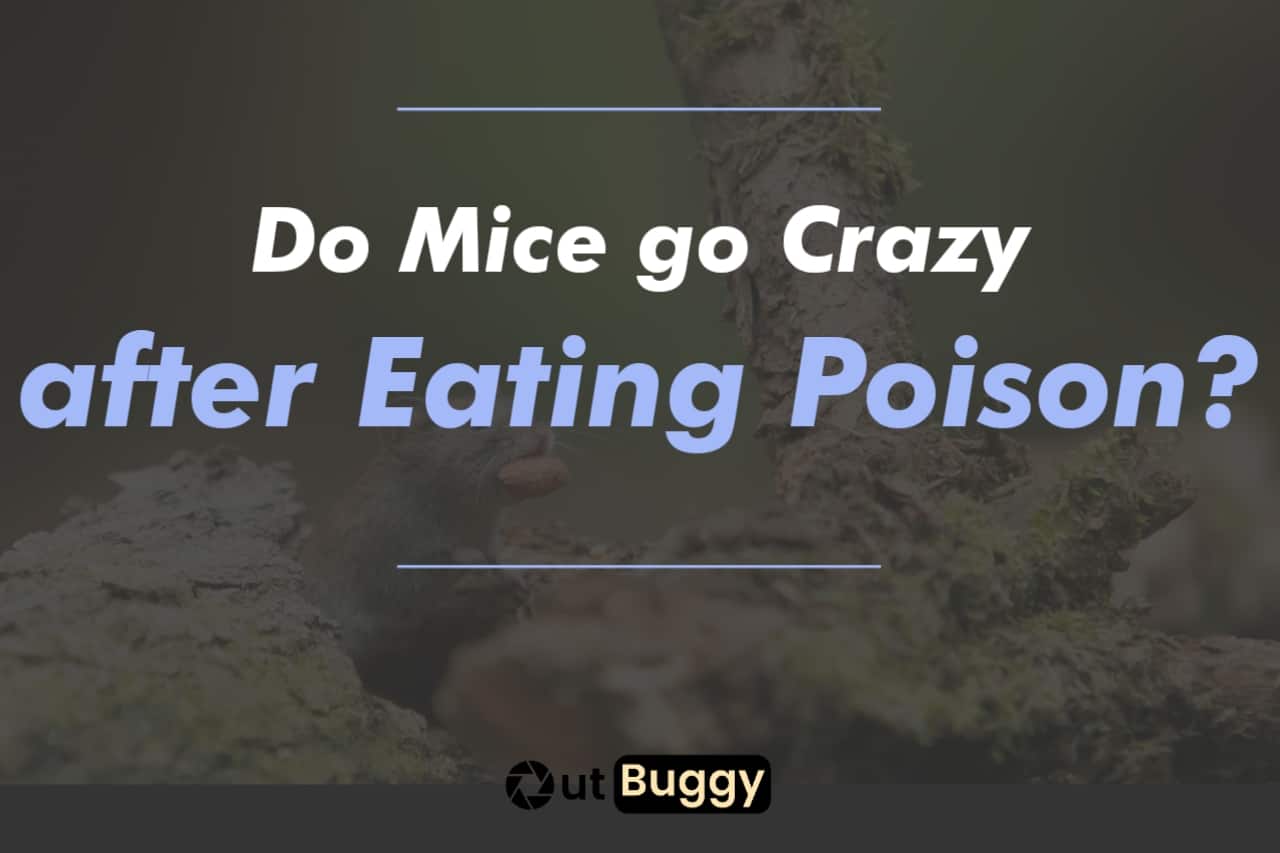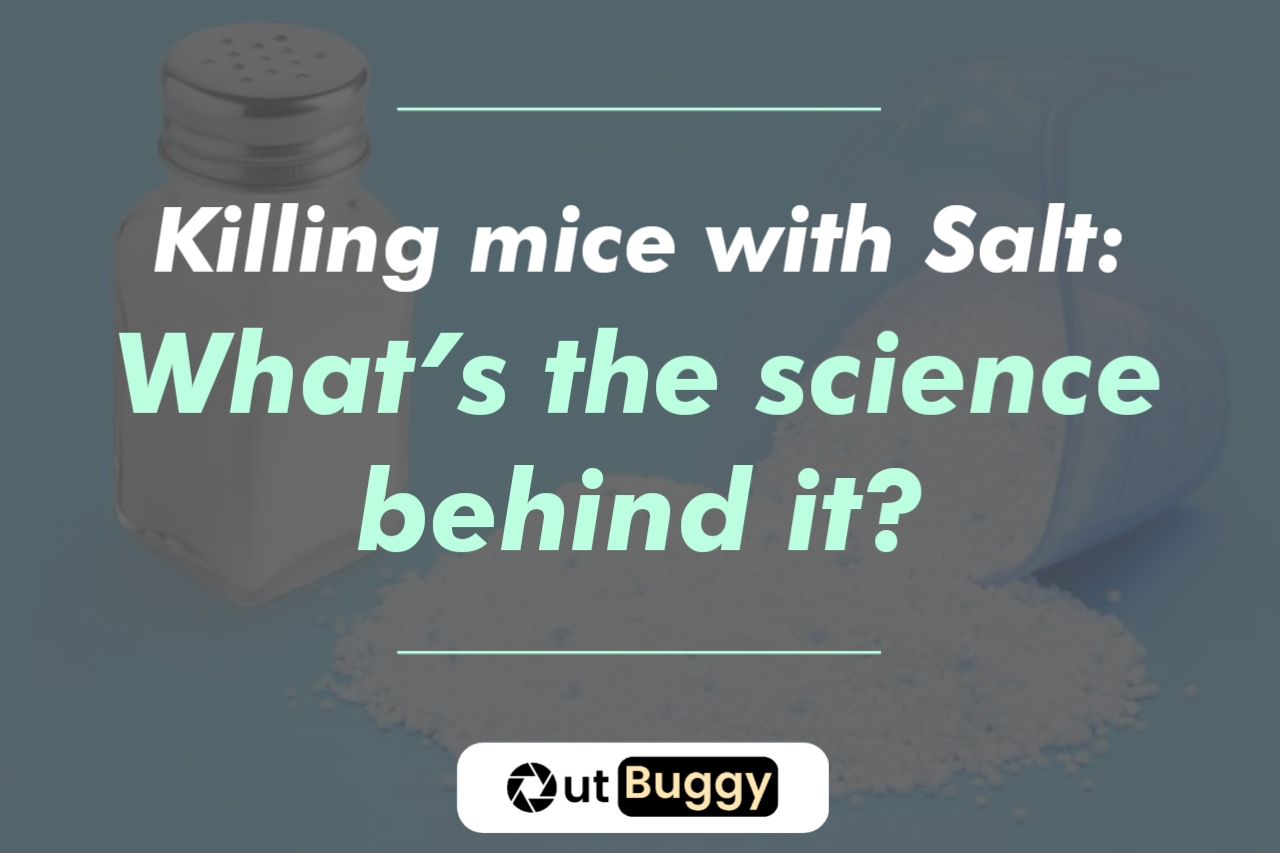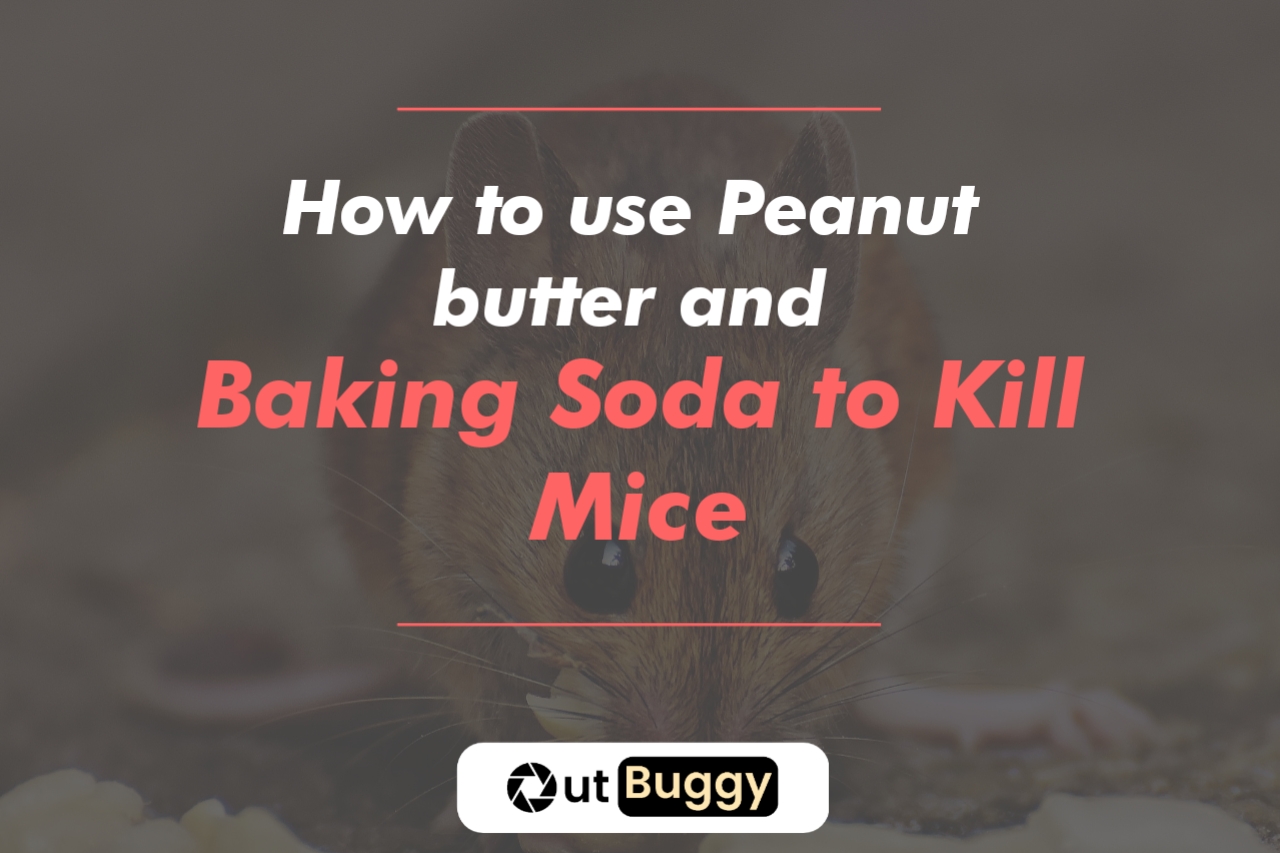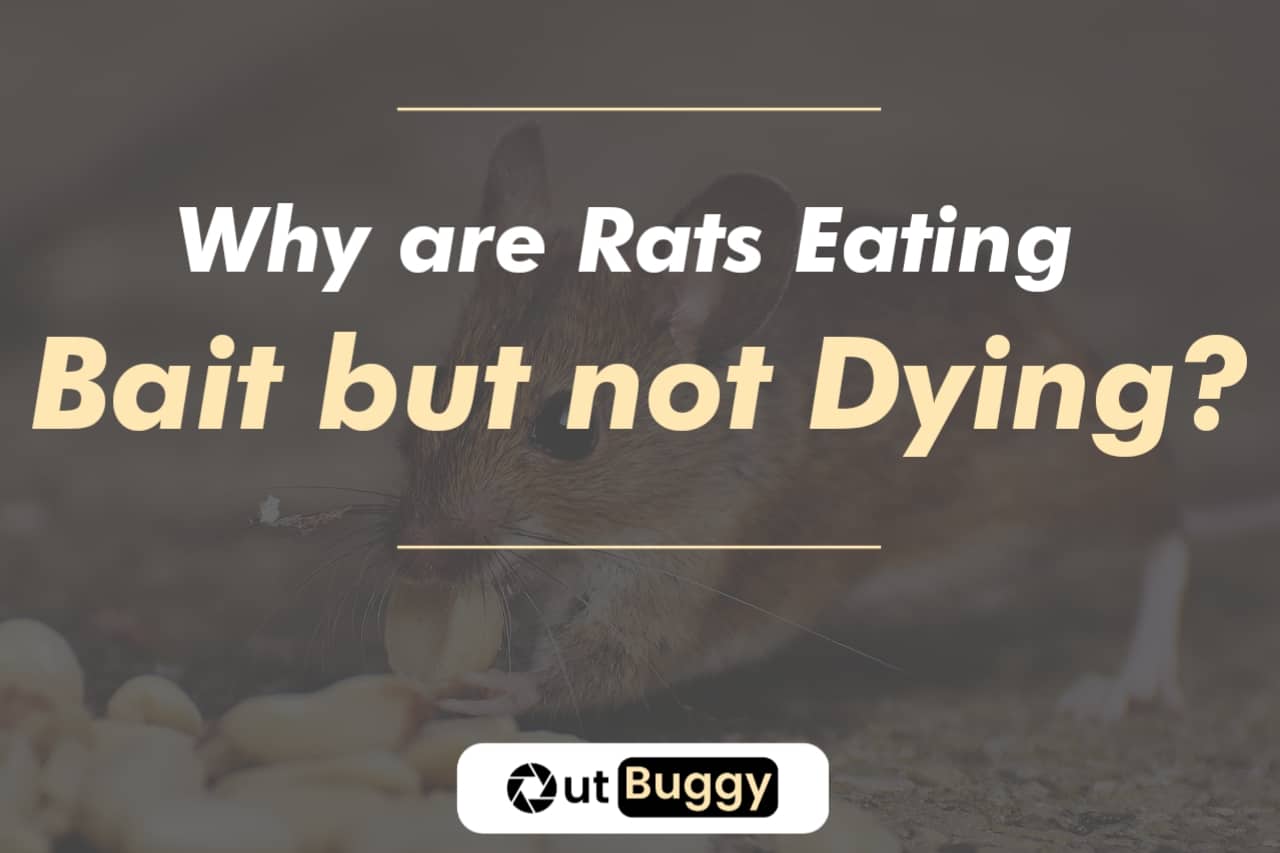What happens to a mouse after it ingests poison? Does it become more aggressive? suffer? Or maybe they go crazy?
Mice are one of the most frustrating pests that homeowners have to deal with.
They’re small, they’re quick, and they can squeeze into the tiniest of spaces. But one of the most common questions homeowners have is whether or not they go crazy after eating poison.
This is what our article is about today.
Contents
Do mice go crazy after eating poison?
The internet is rife with stories about mice going “crazy” after eating poison. But is there any truth to these claims? Let’s take a closer look.
First of all, it’s important to understand that poison is designed to kill rodents. So, it stands to reason that eating poison would have some pretty serious consequences for a mouse.
However, the topic of mice going crazy It’s actually a bit of a myth.
For example, a mouse that has eaten poison may become very active. It may run around frantically and appear to be agitated.
This is because the poison is causing the mouse’s body to go into overdrive. The mouse’s heart rate and metabolism will increase, and it may become hyperactive.
Depending on the type of poison used, the mouse could also be calm, like in the video below…
However, eventually, the poison will take its toll and the mouse will die. But it will not go “crazy.”
So, what exactly happens when a mouse eats poison?
Well, the poison will typically cause the mouse to become very ill. In some cases, the mouse may even die. However, there’s no evidence to suggest that the mouse will go “crazy” before it dies.
Again, there’s no scientific evidence to support the claim that mice go “crazy” after eating poison. However, it’s important to remember that poison is designed to kill rodents and eating it can have serious and different consequences for a mouse.
For instance, some people say mice would normally explode after taking baking soda – literally, a myth as well.
And others say using instant potatoes for mice works perfectly because it’ll make them eventually thirsty. Eventually, this would lead to their death.
What Happens when mice eat poison?
If you’ve ever had a mouse problem in your home, you know how frustrating it can be. You set out traps and poison, but the little critters just keep coming back. So what happens when a mouse eats poison?
Other poisons damage the lining of the blood vessels, causing them to leak. And some poisons cause the mouse to produce too much blood, leading to fatal haemorrhaging.
The poison doesn’t work immediately, so the mouse doesn’t realize that it’s been poisoned until it’s too late. In some cases, the mouse may even go back to its nest and die there, leaving you with a nasty surprise.
The good news is that poison is an effective way to get rid of mice.
The bad news?
Depending on the poison, it can be dangerous to pets and children if they come into contact, so be sure to use it carefully.
So how does all this work?
Well, Mice are attracted to the smell of food, so when they come across a piece of poison that was meant to kill them, they’re likely to eat it. It’s that simple.
It can take a few days for a mouse to die from it. In the meantime, the mouse will suffer from a great deal of pain and discomfort.
If you have set poison out to get rid of mice, it’s important to check on it regularly to make sure that the mice are actually eating it. If they’re not, then the poison won’t work and you’ll just be wasting your time.
If you’re not a fan of rat poisons, you might also want to try other unconventional methods of getting rid of rats such as making noise, using effective scents that repel mice, lights, etc.
But typically, most of these “unconventional methods” are more of preventional measures or repellent than actual killers.
What are the Best Types of Rat Poison
There are many different types of rat poisons on the market.
Some are more effective than others. Some are more expensive than others. And some are more dangerous to humans and pets than others. So, what is the best type of rat poison?
The best type of rat poison is the one that is most effective at killing rats. But, it must also be safe to use around humans and pets. And, it must be affordable.
The best rat poisons on the market are:
1. RatX – Best Eco-Friendly Rat Poison
Looking for an eco-friendly way to get rid of rats?
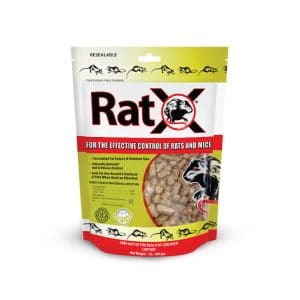
RatX since a good option for that since they are made from natural ingredients
While being highly effective at killing rats within 24 hours of ingestion, they are also safe to use around humans and pets. That makes a good buy if you have pets and little children in your home.
Lastly, it’s easy to use – simply mix RatX with water and place it in areas where rats are active.
2. Tomcat Rat Poison
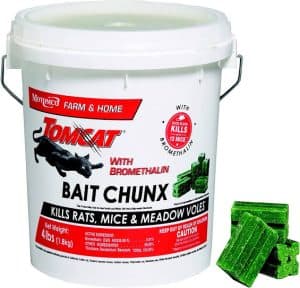
Tomcat Rat Poison is another rat poison that is made from natural ingredients. It is safe to use around humans and pets. And, it is very effective at killing rats. Tomcat Rat Poison is also affordable.
3. d-Con Rat Poison

d-Con Rat Poison is a rat poison that contains chemicals. It is not safe to use around humans and pets. But, it is very effective at killing rats. d-Con Rat Poison is also affordable
4. Victor Rat Poison

Victor Rat Poison is a rat poison that contains chemicals. It is not safe to use around humans and pets. But, it is very effective at killing rats. Victor Rat Poison is also affordable.
Final Thoughts
Unlike the views of many, there is not one general rule as to what rats would behave like when they eat poison. Of course, there are several types of rat poison, so that should contribute.
The whole focus is on getting the rat killed and there are many approaches to this.
